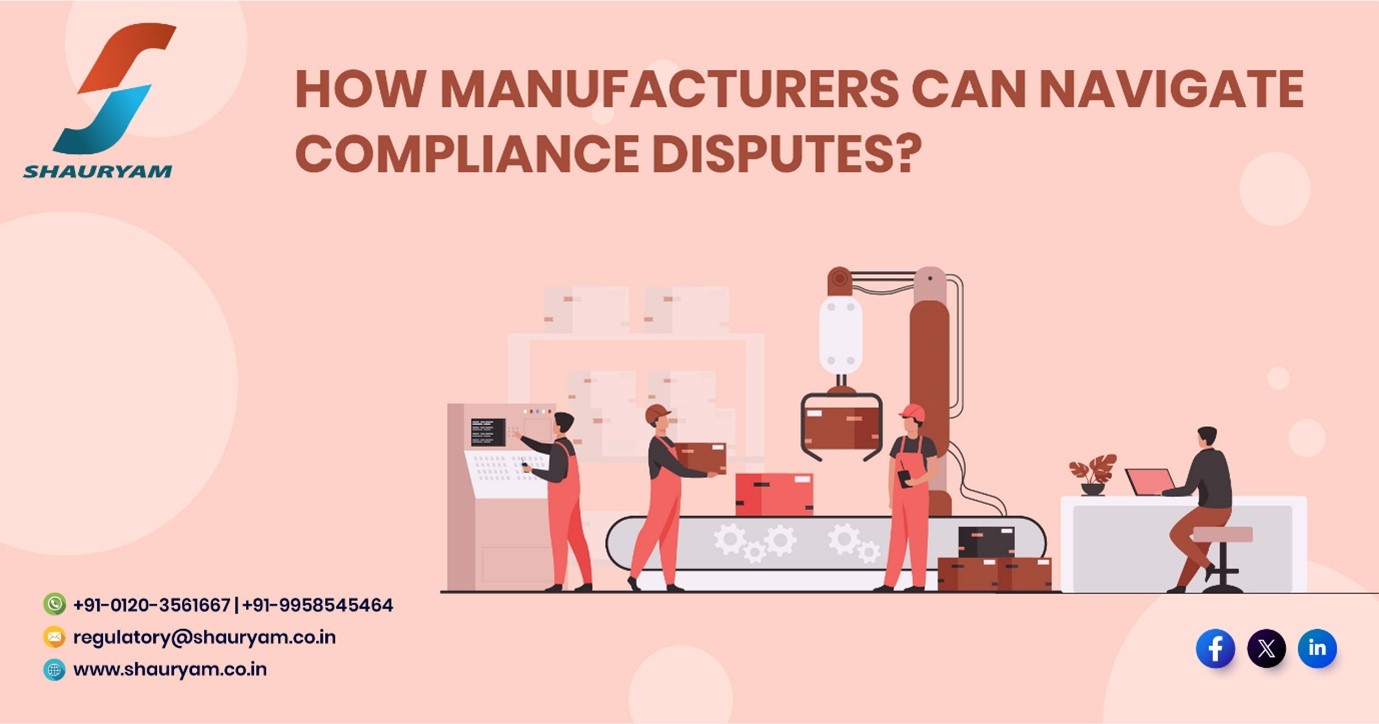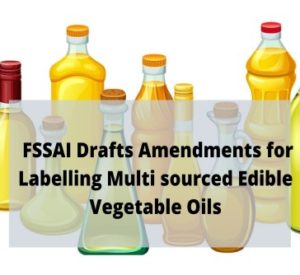Are regulatory roadblocks slowing down your business operations? Have you ever faced unexpected legal notices, product recalls, or import rejections? In an industry where compliance is non-negotiable, even minor oversights can lead to major disruptions.
For food manufacturers, navigating the intricate web of regulations, safety standards, and labelling requirements is a continuous challenge. A single misstep—whether in product formulation, marketing claims, or documentation—can result in severe penalties, production halts, and reputational damage. With authorities tightening enforcement and consumer safety expectations rising, manufacturers must go beyond mere compliance and satisfy proactive FSSAI regulatory requirements.
This blog explores the most pressing regulatory challenges in the food industry, their potential impact on large-scale manufacturers, and practical solutions to mitigate risks.
Common Regulatory Challenges Faced by Food Manufacturers
1. Product Mislabelling & False Claims
The food industry faces its most frequent regulatory challenge from incorrect product labelling methods. The failure to provide accurate claims in addition to non-permitted ingredients and absent allergen information leads to penalty which may extend to 3 lakhs.
2. Import Rejections & Regulatory Delays
Food importers encounter many compliance hurdles stemming from unprovided documentation, inappropriate test reports, non-registration of Foreign Food Establishments on FSSAI ReFoM website that are intend to export high risk category food to India and as well as an insufficient FSSAI safety compliance. Inadequate planning for import compliance strategy leads businesses to suffer rejections of shipments together with financial loss and disrupted supply chains
3. Product Recalls & Regulatory Audits
Food safety protocols need to be followed by companies because regulatory bodies undertake multiple inspections to confirm compliance. Users of harmful contaminants, undeclared allergens, and unauthorized additives in their products may face imprisonment varying from 6 months to 7 years along with penalties varying from 1 lakh to 10 lakhs.
4. Non-Specified Ingredients & Product Approvals
The process of seeking product approvals becomes challenging for manufacturers who conduct research into new formulation development because they encounter regulatory restrictions for unsanctioned ingredients. A poorly developed regulatory dossier prevents companies from getting product approvals, which forbids product manufacture and non-refunding of the application fees. Documentary evidence from indexed/international peer reviewed journals or international bodies including World Health Organization and Food and Agricultural Organization on non-specified ingredients helps in propagating with seamless product approvals.
5. Adjudications & Legal Disputes
Manufacturers face legal disputes after receiving improvement notices from FSSAI, which requires them to undergo adjudication with the authority. Business shutdowns, along with financial penalties and adverse rulings results when companies fails to comply with regulatory representations as per FSSAI.
Proactive Compliance: The Key to Mitigating Legal Risks
1. Implement a Robust Regulatory Compliance Framework
Organizations must establish either a specialized regulatory compliance department or retain professional advisory services to obtain current updates about changing regulations and guarantee complete compliance.
2. Strengthen Product Approval & Labelling Compliance
The alignment of products between their ingredients and formulation content with FSSAI standards requires strict adherence. The combination of scientific validation tests with label audits/reviews, together with legal vetting services, protects a company from compliance problems.
3. Optimize Import & Export Compliance Strategies
Indian importers need an import compliance checklist operating with foreign manufacturers together with early regulatory authority involvement, which protects them from expensive import detentions.
4. Conduct Regular Internal Audits & Risk Assessments
Manufacturers need to conduct internal audits as a preventive measure to detect compliance gaps before the regulatory bodies initiate their inspections. The formation of an internal regulatory task force reduces the probability of facing legal disputes.
5. Seek Expert Regulatory & Technical Representation
The company needs regulatory experts, together with legal consultants, to create responses during legal disputes while being present at authority meetings to preserve business operations.
How Shauryam Solutions Can Help Large-Scale Food Manufacturers
Shauryam Solutions specializes in regulatory advisory, legal representation, and FSSAI compliance for manufacturers. Since 2015, we have assisted businesses with licensing, product approvals, import compliance, labelling validation, and legal representation. Our expertise in food laws ensures seamless regulatory navigation, minimizing risks and delays.
Final Thoughts
As regulations tighten, proactive compliance is crucial to avoid legal hurdles and financial losses. Partner with Shauryam Solutions for expert guidance and a risk-free regulatory journey. Contact us today!





